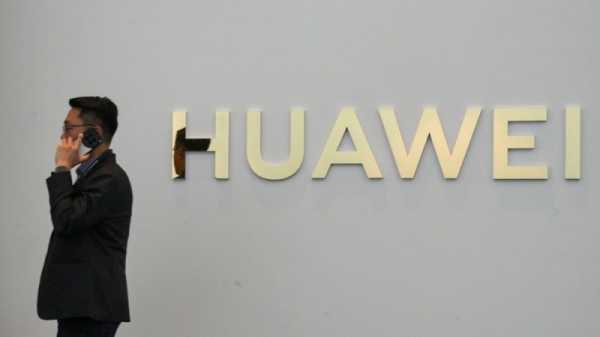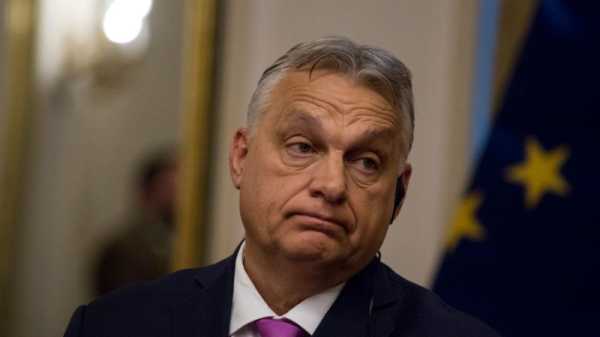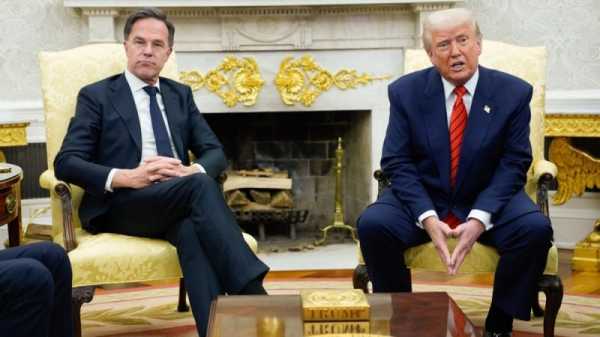
In the UK, Prime Minister Liz Truss has discovered the hard way what happens when you promise voters that you will heavily subsidise their heating bills and cut their taxes but keep public spending unchanged: The financial markets think you lack credibility and start betting against you.
The rumour mill in Westminster now suggests that after several weeks of turmoil, the government will now humiliatingly backtrack on almost all of its tax-cutting promises.
It’s easy for EU leaders to chuckle at Truss’s self-inflicted mess but they would be wrong to do so. They face a near identical set of problems.
Like their British counterparts, voters across Europe expect that their governments will provide substantial financial support over the coming year as rising food and energy prices continue to bite.
With a few exceptions, public finances across the eurozone are no healthier than the UK’s. Besides, outside the EU27, the UK only has to answer to itself.
The reaction from other EU capitals to Germany’s €200 billion aid package for its businesses and households last week suggests that a series of national policy responses to the crisis will cause serious problems.
Outgoing Italian Prime Minister Mario Draghi and French Finance Minister Bruno Le Maire have warned that such an approach would risk the fragmentation of the eurozone.
A predominantly national response would mean EU leaders turning down the chance to play their major trump card: the success of the €750 billion recovery fund. Three years ago, the idea of a mutualised EU fund would have been unthinkable. But it has worked, and relatively painlessly, too.
Unlike many member states, the European Commission has an AAA credit rating and can borrow funds at lower interest rates.
An EU windfall tax would never fly – common taxes rarely do – and it would take too long to become operational. But expanding the scope and, potentially, the size of the recovery fund should be possible.
Yet German Chancellor Olaf Scholz, whose party won an election last September on a policy platform that was overtly federalist, appears reluctant.
After having described the EU Recovery Fund as a “Hamiltonian moment” for the EU and the first major step towards a fiscal union, his government currently has little interest in an ambitious EU response, though it has backtracked on joint EU gas purchases.
The chair of the Bundestag’s European Affairs Committee, Anton Hofreiter, has critiqued “a national race for who can distribute the most subsidies” as something that could lead to “a new skew within the EU”.
That danger is probably overstated, unless some states give massive handouts to their businesses.
Either way, most EU states would be unable to come close to matching Germany’s largesse which spells out the divide between Europe’s rich and poor. It’s a problem that could be entirely avoided by ambitious leadership.
The Roundup
The European Commission is considering financing a fibre optic cable to connect Europe to Asia via the Arctic and avoid existing choke points, two EU officials familiar with the matter told EURACTIV under the condition of anonymity.
In Europe, Russian threats to resort to nuclear in the Ukraine war have unleashed a discourse around nuclear weapons, which risks spiralling out of control.
European energy regulators are currently in Washington to negotiate lower prices for shale gas imported from the United States, according to information from EURACTIV, which was later confirmed by the French energy regulator CRE.
International Monetary Fund (IMF) chief Kristalina Georgieva said she opposes caps on energy prices, emphasising that ministers and central bank operators must work together, in an exclusive interview with EURACTIV’s media partner EFE.
In a letter, 19 MEPs from across the political spectrum urged the European Commission to include low-carbon hydrogen in the production targets for decarbonised hydrogen and to promote domestic production instead of imports.
If Serbia fails to put a stop to irregular migration from its territory to the bloc, the European Commission will not rule out suspending Serbia’s visa-waiver access to the EU, the EU executive said on Friday.
Spain has initiated a procedure to withdraw from the Energy Charter Treaty (ECT), which protects investments in fossil fuels and other energy infrastructure, official sources confirmed to EURACTIV’s partner, EFE.
Growing demand for biomass is putting pressure on industry to deliver sufficient quantities without destroying the environment, the European Commission has warned, pointing to a looming “availability gap” which could be as big as 40-70% by 2050.
The government’s strategy for renovating Poland’s ageing building stock remains a pipe dream, even if the country could save up to €17 billion by 2050 with a proper renovation plan, according to a new report.
UK Prime Minister Liz Truss’s month-old government is on the brink of collapse after she engineered another humiliating U-turn on planned tax cuts and sacked her finance minister, who was responsible for the proposals.
Albanian Prime Minister Edi Rama stepped up efforts to clear the names of Albania and Kosovo of organ trafficking allegations stemming from the 1998-1999 Kosovo war, accusing Russia of being behind it during a heated session at the Council of Europe (CoE).
As always on Friday, check out our Agri and Tech Briefs.
Look out for…
- Health Commissioner Stella Kyriakides delivers opening address for “Europe’s Beating Cancer Plan” session at World Health Summit 2022 on Saturday.
- European Parliament plenary in Strasbourg, 17-20 October.
Views are the author’s.
[Edited by Zoran Radosavljevic/Nathalie Weatherald]
Source: euractiv.com



